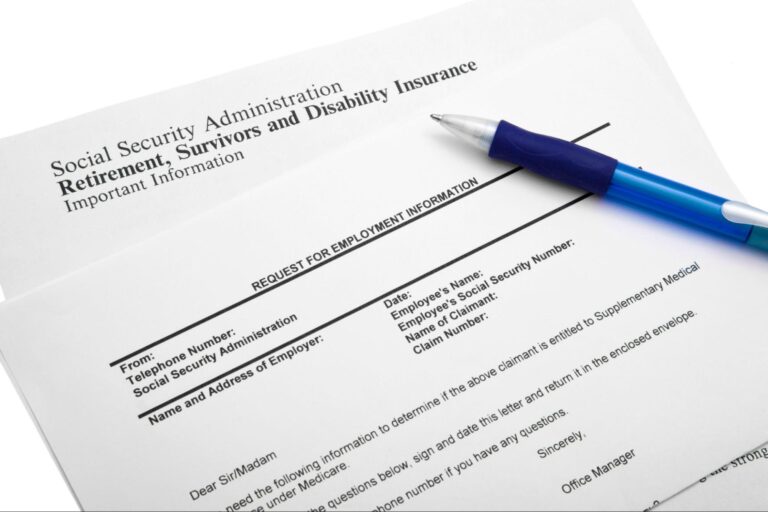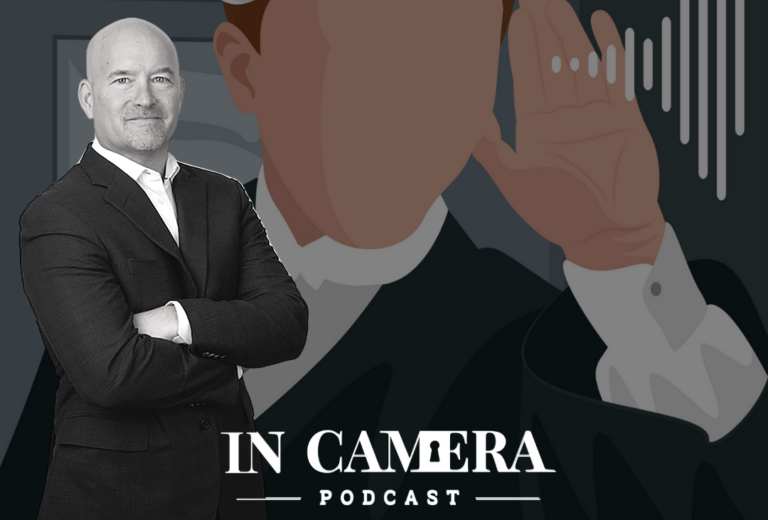Estate: Terms to Know and What To Do If Your Loved One Didn’t Have a Will
When a loved one unexpectedly dies, it is an extremely difficult time for family members. They are left to pick up the pieces after the devastating news, including figuring out what to do with their loved one’s possessions. If a family member did not have a will at the time they passed, knowing what to do with their belongings can be challenging on your own.
As explained in Kyle Bachus’ best-selling book Unthinkable, here’s what you need to know about estates after the loss of a loved one.
What Is an Estate?
In the legal system, a person’s “estate” is the collection of possessions they left behind after they die. This can include everything from real estate to furnishing and investments to physical belongings. A probate court and probate lawyer can help determine how these items and assets are distributed.

Are There Other Estate-Related Terms I Should Know?
There are a few terms you will likely hear after the sudden death of a loved one. These include:
- Probate Court – This court has jurisdiction in matters of administering estates. A probate court has the final say on how a deceased person’s estate is divided and distributed.
- Probate Judge – The judge presiding over your case in probate court signs off on how the estate will be divided and distributed.
- Probate Lawyer – You can hire a probate lawyer to help you through the probate process after losing a loved one.
- Beneficiary – The designated person set to receive benefits from an estate.
- Heir – The person who is entitled to an asset distribution or interest in property when there is no will.
- Trust – An agreement in which an individual or corporate fiduciary legally owns and manages property for another’s benefit.
- Will – A written legal document that specifies beneficiaries to inherit assets and how to distribute the deceased’s property.
Who Is Entitled to My Loved One’s Possessions If There Is No Will?
Although each state will have its own laws on who will get a person’s assets in the absence of a will, there are general commonalities:
- The surviving spouse
- The children of the deceased
- The parents of the deceased
The surviving spouse is generally first in line to be the beneficiary of assets. However, if the deceased person also had children, those assets are usually distributed between the spouse and children depending on the state law. If there is no living spouse, the children will receive the assets. If there are no children or a spouse, the parents will get what was left behind. From there, different states have varying laws on who is next in line.
How Do I Know If My Loved One Had a Will?
When a death happens suddenly, it’s common that you never discussed a will with your loved one. However, just because it was never discussed doesn’t mean there isn’t one. Try looking in your loved one’s filing cabinets, folders, or other places where important documents are kept.
If your family member had a lawyer, you should contact the attorney to see if they know about a will. If there is one, your loved one’s attorney may even contact you after seeing the death notice. Also, the attorney may have already filed the will with the county probate court. You can check for a will with the probate court, which becomes a public document after being filed.

What Makes a Will Valid?
Simply writing down last wishes doesn’t necessarily make a document a legal will. In order for the will to be valid, there are some requirements. In most situations, these include:
- Signed by two witnesses
- Signed by a notary public
- Witnesses cannot stand to benefit from the will
When these conditions are not met, it will vary from state to state whether an unsigned will is accepted or not. Some states refer to wills that were not signed or notarized as “holographic wills.” A probate judge will determine if this unsigned document truly represents your loved one’s wishes.
Also, there could be issues if you find multiple wills written over the duration of your loved one’s life. When assets and financial circumstances change, it’s not uncommon for this to happen. However, it will be the most recent will that matters.
Is Probate Court Necessary to Distribute Assets?
It’s understandable that you may want to avoid probate court. The term “probate” is often tied to the assumption of an expensive and time-consuming legal process. However, in most cases, the probate process is straightforward when there are no estate complications.
The fact is you will have to go before a probate judge in some circumstances. If your loved one owned any real estate, or real property, the probate judge must approve any transfer of the property. Also, even if there is no real estate, you must go through the probate court process if assets exceed a certain amount. For example, some states require probate court for assets exceeding $100,000.
However, the full probate process is not always necessary. You can file a “small estate affidavit” if your loved one did not own real estate or has few assets. If the law says you are in line to receive these assets, you can sign the form and have it notarized to get access to:
- Bank accounts
- Vehicles
- Other property
- Other assets
You can then distribute the assets as the intestate law dictates. Just remember, you have a fiduciary duty to act in the best interests of everyone involved. You can also choose to work with a probate lawyer in smaller cases to help you make these difficult decisions.
What Assets Are Outside the Will?
Although a will states how assets should be divided and distributed, there are many assets that aren’t controlled by a will. Some are controlled by designated beneficiaries who were named when the account was created or the policy was purchased. Some common ones include:
- Life insurance
- Bank account
- 401(k) accounts
- Other retirements account
If you are the beneficiary of any of these assets, be sure to take a proactive approach to collecting your benefits. Do your best to locate life insurance policies and other crucial documents and reach out to the company to report the loss. Then, file a claim for the life insurance death benefits. These are generally not taxable or included in gross income.
Legal Support After Wrongful Death
We understand this is a devastating time for you and your family. But we’re ready to help. If you lost your loved one due to another person’s negligence or carelessness, you may be entitled to compensation for your losses. Contact Kyle Bachus and his Elite Litigation Group of skilled wrongful death lawyers to see if you have a case and how you can file a claim for compensation.






